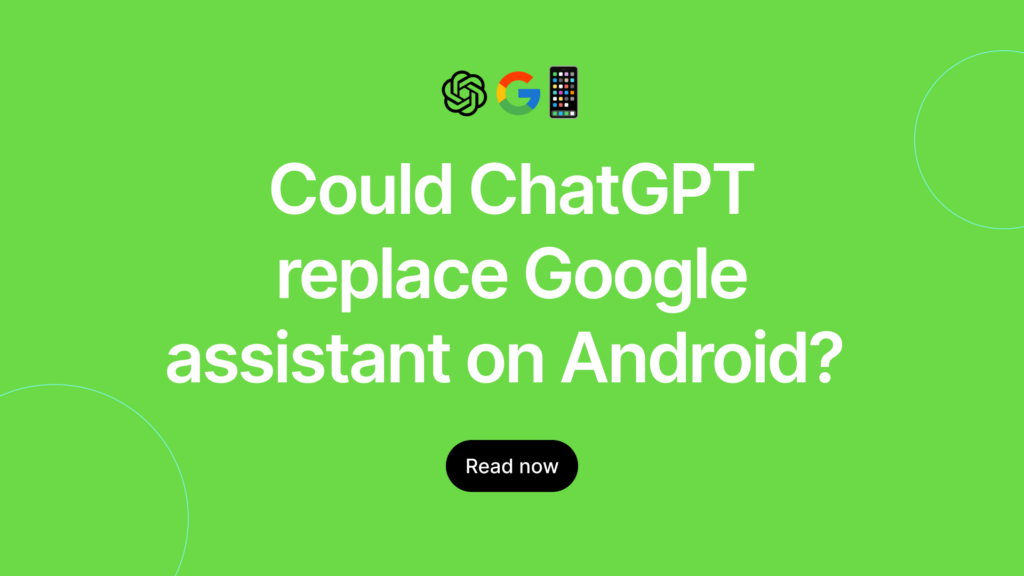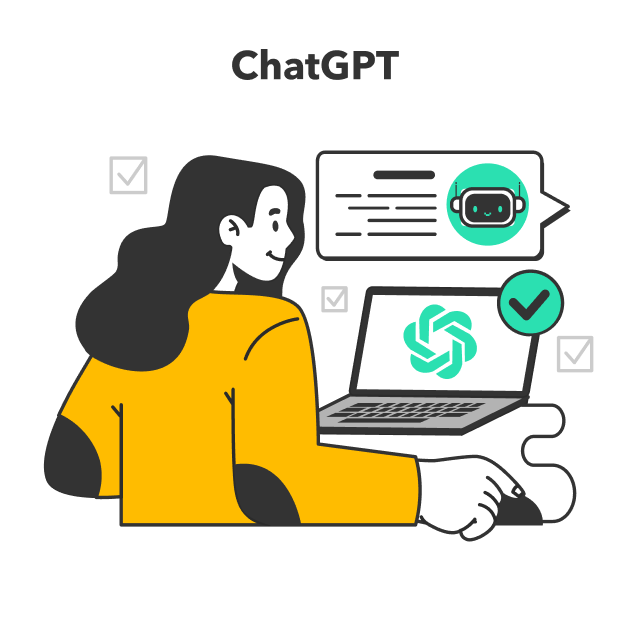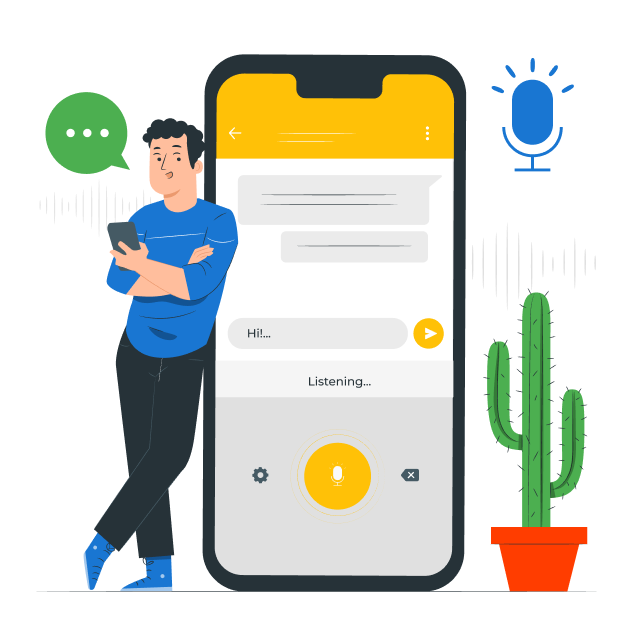
In the rapidly evolving landscape of artificial intelligence and virtual assistants, the competition to provide the most intuitive and efficient user experience is fierce. Google Assistant has long been the default choice for Android users, seamlessly integrating into the operating system and offering a range of functionalities. However, with the emergence of advanced language models like ChatGPT, the question arises: could ChatGPT be a viable contender to replace Google Assistant on Android. In this blog we will find out whether chatgpt replace google assistant.
1. Google Assistant’s rule
So, Google Assistant has been the go-to virtual assistant for Android users, seamlessly fitting into the system and offering a ton of features. It’s got everything from setting reminders to controlling your smart home gadgets. Its natural language processing is top-notch, setting the bar high for other virtual assistants.
2. Meet ChatGPT
Now, ChatGPT, born from the brilliant minds at OpenAI, is turning heads. It’s a language model powerhouse based on the GPT-3.5 architecture. Known for understanding and generating human-like text responses, it has the potential to take on Google Assistant.
But can it really?
3. Talking the talk
ChatGPT’s strength lies in its language understanding and generation skills. It can handle complex queries and spit out contextually relevant responses. This could mean a more natural and engaging conversation for users – a big plus for a virtual assistant.
4. Personalization power
Google Assistant excels in personalization, learning from your habits to tailor its responses. ChatGPT, with its adaptability to different conversation styles, might just offer a more personalized experience. Imagine having a virtual assistant that really gets you.

5. App integration challenge
Google Assistant effortlessly integrates with a boatload of third-party apps, making it super handy. ChatGPT might face some hurdles initially in replicating this, as it would need cooperation between OpenAI and app developers. But if successful, it could unlock a new level of virtual assistant capabilities.
6. Privacy matters
Privacy is a big deal these days. Google Assistant relies heavily on data collection, raising eyebrows about user privacy. ChatGPT operates in a more controlled environment, potentially offering a privacy-focused alternative for those wary of sharing too much data.
7. Real-time action
Google Assistant’s real-time capabilities, like controlling your smart home or making calls, are a game-changer. ChatGPT, while great at generating text, might struggle with the real-time execution of complex tasks. Figuring this out is crucial for ChatGPT to match up to Google Assistant practically.
8. Open-Source excitement
ChatGPT comes with a big plus – it’s open-source. Developers can tinker with it, leading to community-driven improvements. An open-source ChatGPT could mean faster development and a chance for users to have more say in how things work.

9. User-friendly transition
Google Assistant is everywhere, and people are used to it. Shifting to ChatGPT would mean adapting to something new. A smooth transition and a user-friendly interface are vital for ChatGPT to win hearts.
10. The future of virtual help
Virtual assistants are evolving, and models like ChatGPT are pushing the boundaries of natural language processing. Whether or not it takes over from Google Assistant, ChatGPT hints at a future with more sophisticated, conversational AI experiences on Android.
In the ever-changing world of virtual assistants, the battle between ChatGPT and Google Assistant is heating up. While Google Assistant has the upper hand with integration and real-time capabilities, ChatGPT brings innovation, open-source potential, and a fresh take on privacy. As the competition unfolds, users can expect a future with more intuitive and personalized AI experiences on their Android devices. It’s a showdown worth watching!










